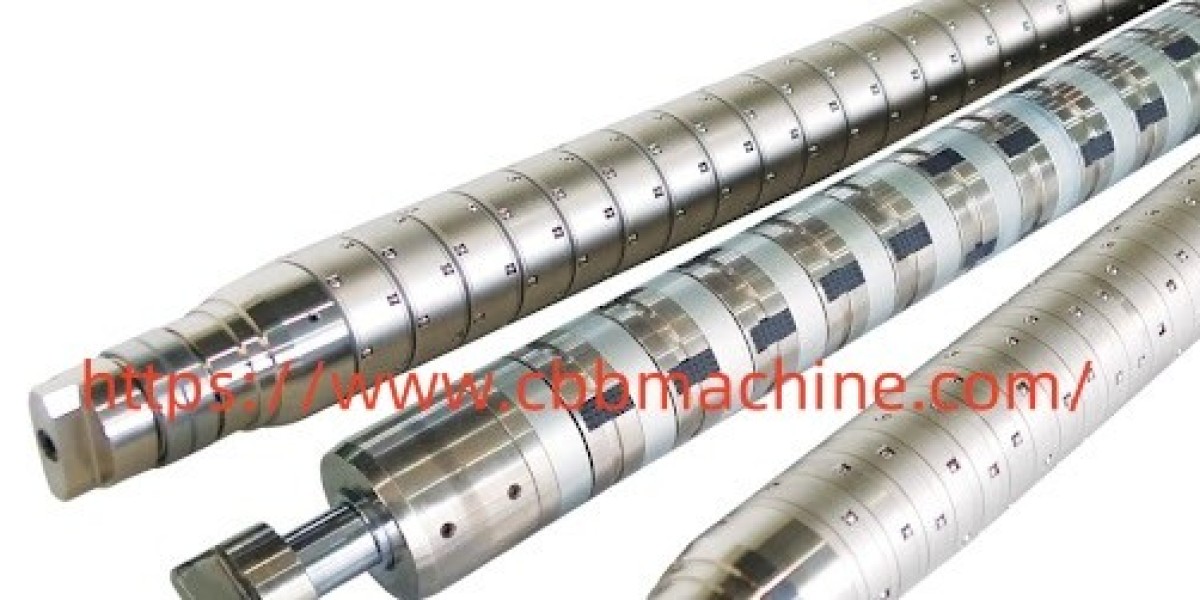A Differential Air Shaft plays a vital role in industries where multiple rolls of materials need to be wound with consistent tension, even when core diameters vary. This component is specifically designed to handle the complexities of winding materials such as films, foils, laminates, textiles, or paper. Its purpose is to ensure that each roll is wound correctly without wrinkles, uneven edges, or breakages, thus allowing operators to maintain efficiency and precision across a wide range of production processes.
Balancing Multiple Cores in Operation
In many applications, operators must wind materials on cores that may not be uniform in size or may have different thickness levels. Traditional shafts often struggle to distribute torque evenly in these cases, which can cause quality issues or lead to wasted material. The differential mechanism inside this specialized shaft solves the problem by automatically adjusting the torque applied to each core. As a result, each roll winds at a consistent rate, regardless of small differences in dimensions or material resistance.
Enhancing Efficiency in Industrial Lines
For manufacturers, the introduction of this type of shaft offers measurable benefits. One of the most important advantages is reduced downtime, as there is less need to constantly stop machines for manual adjustments. Operators can rely on the shaft to self-regulate torque distribution, which contributes to uninterrupted workflows. This translates to greater productivity, as lines can run more smoothly and consistently while reducing human intervention.
Applications Across Industries
This technology is widely used in converting, packaging, printing, and textile industries. For example, packaging companies benefit from the shaft's ability to handle flexible materials like laminates, while textile manufacturers can use it for delicate fabrics requiring uniform tension. In every application, the key benefit remains the same: winding that is precise, stable, and efficient.
Contribution to Material Quality
By ensuring materials are wound with balanced force, the shaft protects against defects such as stretching, tearing, or misalignment. This consistency not only improves the immediate quality of the rolls but also supports downstream processes, where evenly wound rolls are easier to handle and process further.
Technological Advancements
As manufacturing continues to move toward automation and digitalization, these shafts are also evolving. Some advanced designs incorporate sensors or feedback mechanisms that allow for closer monitoring of torque and tension. These updates align with modern industry goals of efficiency, precision, and long-term reliability, supporting a wider adoption across diverse production environments.
For additional insights, visit https://www.cbbmachine.com/news/industry-news/differential-air-shafts-key-components-applications-benefits-and-more.html













